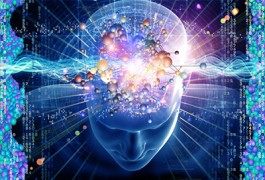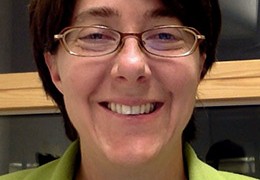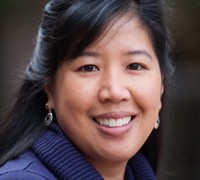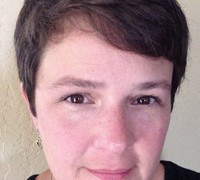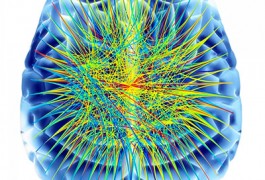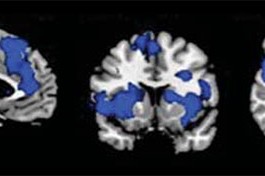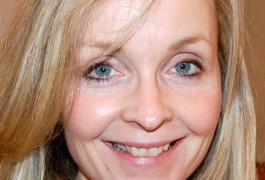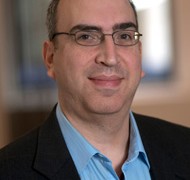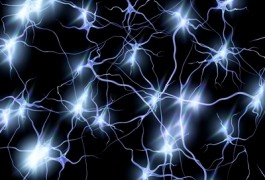Intense world theory raises intense worries
The ‘intense world theory’ of autism, which has attracted much interest from the popular press, has received very little academic scrutiny. Uta Frith and Anna Remington ask: Is it as positive as it purports to be, and what does it mean for autism?
